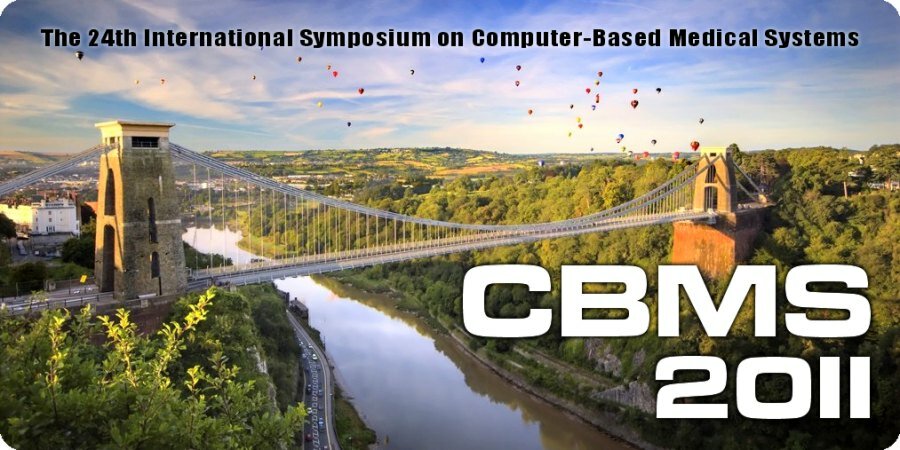Supporting Collaboration in Healthcare
When hiring, all medical personnel, regardless of the level of the position, must submit an interview essay and be responsible for this stage of competitive selection. In addition, all supporting documents such as qualification card, competence card, biographical data, motivational and recommendation letters must be written in a format that meets the official requirements of the law. Healthcare staff are notable in the amount of interaction and mobility exhibited in their work, which often involves synchronous (or asynchronous), coupled, communication and activity, and is sometimes conducted among a distributed team. The fundamental importance of providing harmonised hospital, social care and community services has also become an identified goal in health and social care. As well as providing novel approaches to support traditional methods of communication, a range of technologies offer the potential for individuals and groups to reconfigure their collaboration practices in new and useful ways.
This special track invites reports on significant unpublished work in the area of computer-support for co-operative work in healthcare, with particular emphasis on design and technology applications for interaction among medical specialists, and between medical specialists and patients. Research on support for collaboration among medical, nursing, scientific, ancillary staff and patients is encouraged, including case studies or incident reports.
Topics of interest include, but are not limited to:
- Ward rounds
- Team working
- Meeting support
- Consultations
- Shift handover
- Mobile Work
- Teaching/Learning
- Shared displays
- Remote collaboration
- Visual communication environments
- Intense collaborative environments
- Collaborative writing/note-taking
- Carer - Patient collaboration
- Computer support for co-operative healthcare work
Track Chair(s)
- Bridget Kane, Trinity College Dublin, Ireland
- Saturnino Luz, Trinity College Dublin, Ireland
Track Programme Committee
- Mark Ackerman, University of Michigan, USA
- Albert Alonso, Fundació Clínic per a la Recerca Biomédica, Barcelona, Spain
- Ian Beeson, University of the West of England, Bristol, UK
- David Coyle, Computer Laboratory, University of Cambridge, England, UK
- Matt-Mouley Bouamrane, Centre for Population and Health Sciences, University of Glasgow, Scotland. U.K.
- Geraldine FItzpatrick, Institute of Technical Design and Assessment, Vienna University of Technology, Austria
- Kristina Groth, School of Computer Science and Communication, Royal Institute of Technology, Stockholm, Sweden
- Lucy Hederman, School of Computer Science and Statistics, Trinity College Dublin, Ireland
- Simon Locke, Australian e-Health Research Centre, Australia
- Frances Mair, University of Glasgow, Scotland, UK
- Masood Masoodian, The University of Waikato, New Zealand
- Dave Randall, Manchester Metropolitan University, England, UK
- Charlotte Tang, The University of British Columbia, Vancouver, Canada
- Pieter Toussaint, NTNU and NSEP, Trondheim, Norway
Additional Reviewers
- Annariina Koivu, Trinity College Dublin
- Luca Longo, Trinity College Dublin
- Ronan McDonnell, Trinity College Dublin
- Jing Su, Trinity College Dublin
Other Special Tracks
- Computational Proteomics and Genomics
- Knowledge Discovery and Decision Systems in Biomedicine
- Technology Enhanced Learning in Medical Education
- Intelligent Patient Management
- Data Streams in Healthcare
- Biomedical Image Processing and Informatics
- Medical Robotics
- Assistive Technologies
- Ontologies, Terminologies and Language Processing




